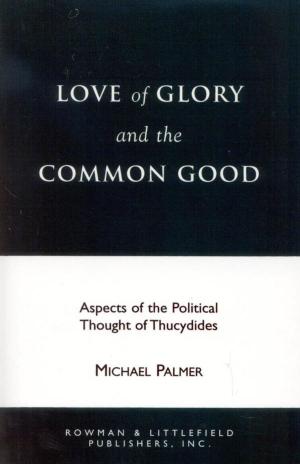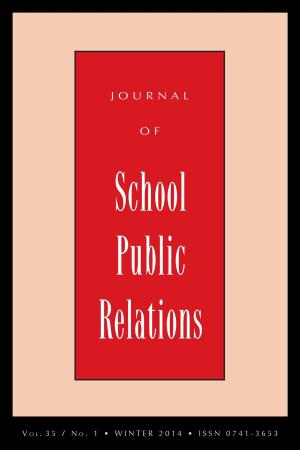Local Government in Early America
The Colonial Experience and Lessons from the Founders
Nonfiction, History, Americas, United States, Colonial Period (1600-1775), Social & Cultural Studies, Political Science, Government| Author: | Brian P. Janiskee | ISBN: | 9781442201354 |
| Publisher: | Rowman & Littlefield Publishers | Publication: | March 16, 2010 |
| Imprint: | Rowman & Littlefield Publishers | Language: | English |
| Author: | Brian P. Janiskee |
| ISBN: | 9781442201354 |
| Publisher: | Rowman & Littlefield Publishers |
| Publication: | March 16, 2010 |
| Imprint: | Rowman & Littlefield Publishers |
| Language: | English |
Local Government in Early America is a concise and thought-provoking exploration of the American desire for political participation, most notably in the 'town hall meeting.' A product of early New England democracy, this form of direct local participation remains one of the most celebrated, yet feared, institutions in our political life. Depending upon one's political perspective on the issue at hand, a lively town hall meeting can be the glorious epitome of grassroots activism or the wretched embodiment of reactionary zeal. For all of the media attention devoted to the conservative revolt against health care reform at town hall meetings across the country, the political right is late to game on local activism. From resolutions opposed to the Patriot Act or the declaration of nuclear free zones in cities, the political left has used the rhetorical power of the local political pulpit to great effect for many years. All of this is possible because of the manner in which local governments were constructed during the colonial period. Author Brian Janiskee details the origins of our local system by examining key characteristics of local colonial political life, including what key founders like John Adams and Thomas Jefferson had to say about the role of our villages, towns, and cities in our complex system of government. Through this timely analysis of our political heritage, Janiskee may cause observers to reevaluate the phrase 'all politics is local.' Indeed it may be the case that 'all local politics is national.'
Local Government in Early America is a concise and thought-provoking exploration of the American desire for political participation, most notably in the 'town hall meeting.' A product of early New England democracy, this form of direct local participation remains one of the most celebrated, yet feared, institutions in our political life. Depending upon one's political perspective on the issue at hand, a lively town hall meeting can be the glorious epitome of grassroots activism or the wretched embodiment of reactionary zeal. For all of the media attention devoted to the conservative revolt against health care reform at town hall meetings across the country, the political right is late to game on local activism. From resolutions opposed to the Patriot Act or the declaration of nuclear free zones in cities, the political left has used the rhetorical power of the local political pulpit to great effect for many years. All of this is possible because of the manner in which local governments were constructed during the colonial period. Author Brian Janiskee details the origins of our local system by examining key characteristics of local colonial political life, including what key founders like John Adams and Thomas Jefferson had to say about the role of our villages, towns, and cities in our complex system of government. Through this timely analysis of our political heritage, Janiskee may cause observers to reevaluate the phrase 'all politics is local.' Indeed it may be the case that 'all local politics is national.'















